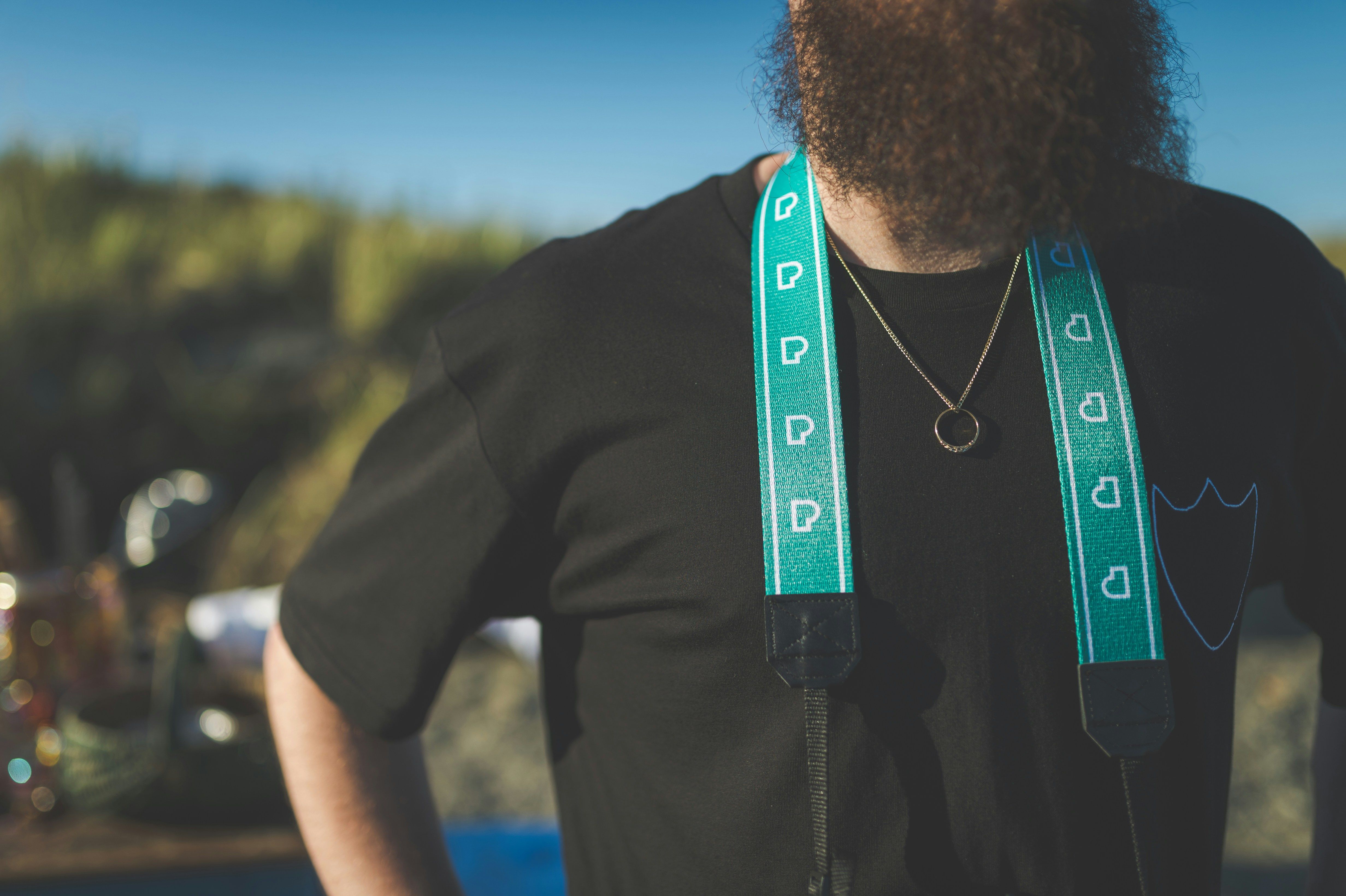Treating Bronchiolitis: Why Beyfortus Needs Better Insurance Coverage, Pediatricians Concerned
Bronchiolitis Treatment Efficiency Confirmed: Key Findings on Beyfortus in Preventing Severe Infections
Bronchiolitis, a common respiratory disease in infants that causes breathing difficulties and can lead to emergency room visits and hospitalizations, may soon have a game-changer in treatment. The Beyfortus, a groundbreaking immunization against the main virus responsible for bronchiolitis, has proven effective in reducing severe RSV infections in babies - as confirmed by a comprehensive analysis published on May 2nd in The Lancet Child & Adolescent Health. Known as nirsevimab, this novel molecule is more than just another vaccine - it's a preventive treatment that stops the virus from invading the body.
Although bronchiolitis is usually mild, it can sometimes have serious consequences, particularly for infants under six months.
Clinical benefits revealed in meta-analysis
Numerous national studies have already highlighted that this therapy, developed by Sanofi and AstraZeneca, reduces hospitalizations in babies. However, the latest meta-analysis offers the most robust overview to date, consolidating results from 27 studies carried out during the 2023-2024 RSV season across five countries (France, Italy, Luxembourg, Spain, US).
Nirsevimab cuts the risk of hospitalization by 83% on average, reduces intensive care admissions by 81%, and lowers lower respiratory tract infections by 75% in children 12 months and younger. The immunization seems to be more effective in preventing hospitalization in infants older than three months (81%) compared to those under three months (76%).
Supporting evidence
Recent studies demonstrate that nirsevimab significantly decreases RSV-related hospitalizations in infants:- Clinical trial data from 2023 shows an efficacy of 78-83% in reducing RSV-associated hospitalization risk, with one trial reporting a 78% lower hospitalization rate compared to placebo.- Medically attended RSV respiratory infections (including bronchiolitis) are reduced by 70-80%, per trials spanning 3-5 months post-administration.- The immunization provides protection for five months, covering most infants' first RSV season.
Although no meta-analyses specifically focusing on bronchiolitis hospitalization prevention are detailed in the data, the reported hospitalization reduction aligns with bronchiolitis outcomes, as RSV is the primary cause of this condition in infants.
Additional evidence
- Luxembourg data: A 69% reduction in RSV-related LRTIs for infants under 6 months old, despite this study focusing on infection rates rather than hospitalizations.
- Risk group efficacy: Nirsevimab remains effective in high-risk infants (e.g., premature, chronic lung disease).
- Comparative advantage: Nirsevimab's longer protection window and single-dose regimen make it more practical than palivizumab (Synagis), which requires monthly injections.
For severe cases requiring hospitalization, supportive care (e.g., nebulizers, hydration) remains essential, as no direct antiviral treatment exists.
- France is one of the countries where nirsevimab's effectiveness has been studied during the 2023-2024 RSV season.
- The latest meta-analysis offers the most comprehensive analysis of nirsevimab's impact yet, consolidating results from 27 studies.
- Nirsevimab cuts the risk of hospitalization by 83% on average.
- The immunization reduces intensive care admissions by 81%.
- Nirsevimab lowers lower respiratory tract infections by 75% in children 12 months and younger.
- The immunization seems to be more effective in preventing hospitalization in infants older than three months.
- Clinical trial data from 2023 shows an efficacy of 78-83% in reducing RSV-associated hospitalization risk.
- One trial reported a 78% lower hospitalization rate compared to placebo.
- Medically attended RSV respiratory infections (including bronchiolitis) are reduced by 70-80%, per trials spanning 3-5 months post-administration.
- The immunization provides protection for five months, covering most infants' first RSV season.
- Although no meta-analyses specifically focusing on bronchiolitis hospitalization prevention are detailed in the data, the reported hospitalization reduction aligns with bronchiolitis outcomes.
- A 69% reduction in RSV-related LRTIs for infants under 6 months old was observed in Luxembourg data, despite this study focusing on infection rates rather than hospitalizations.
- Nirsevimab remains effective in high-risk infants, such as premature and those with chronic lung disease.
- Nirsevimab's longer protection window and single-dose regimen make it more practical than palivizumab (Synagis), which requires monthly injections.
- For severe cases requiring hospitalization, supportive care remains essential, as no direct antiviral treatment exists.
- Science has made advancements in various areas of health and wellness, including respiratory conditions, digestive health, eye health, hearing, and mental health.
- Fitness and exercise play a crucial role in maintaining overall health, as well as managing conditions such as obesity, diabetes, and cardiovascular disease.
- The aging process can lead to chronic diseases, including Alzheimer's, Parkinson's, and cancer, which place a significant burden on the healthcare industry.
- Workplace-wellness initiatives have gained traction, promoting healthier environments and supporting a more productive workforce.
- Men's health is an increasingly important topic, as men face unique health risks like prostate cancer, heart disease, and diabetes.
- Women's health encompasses a wide range of issues, including reproductive health, pregnancy, menopause, and osteoporosis.
- Parenting can be challenging, requiring support to navigate various stages and issues, from infant care to adolescent mental health.
- Weight management is critical to maintaining overall health, with strategies ranging from diet and exercise to behavior modification and medication.
- According to environmental science, climate change can exacerbate existing health issues and create new ones, particularly respiratory conditions and skin conditions.
- Climate change also increases the risk of infectious diseases like malaria and dengue fever, as well as heat-related illnesses.
- Manufacturing processes can negatively impact the environment and, in turn, public health, through pollution and the use of hazardous materials.
- The automotive industry must address emissions and fuel efficiency to reduce its environmental footprint and promote cleaner technologies.
- Environmental science plays a crucial role in understanding the impacts of human activities on the environment and developing solutions to mitigate negative effects.
- Finance can be used to fund research and development in various fields, such as life sciences and sustainable energy.
- Many entrepreneurs are focused on addressing societal challenges and building businesses that are both profitable and socially responsible.
- Transportation systems, including public transit, automobiles, and aviation, must evolve to reduce carbon emissions, promote energy efficiency, and enhance safety.








